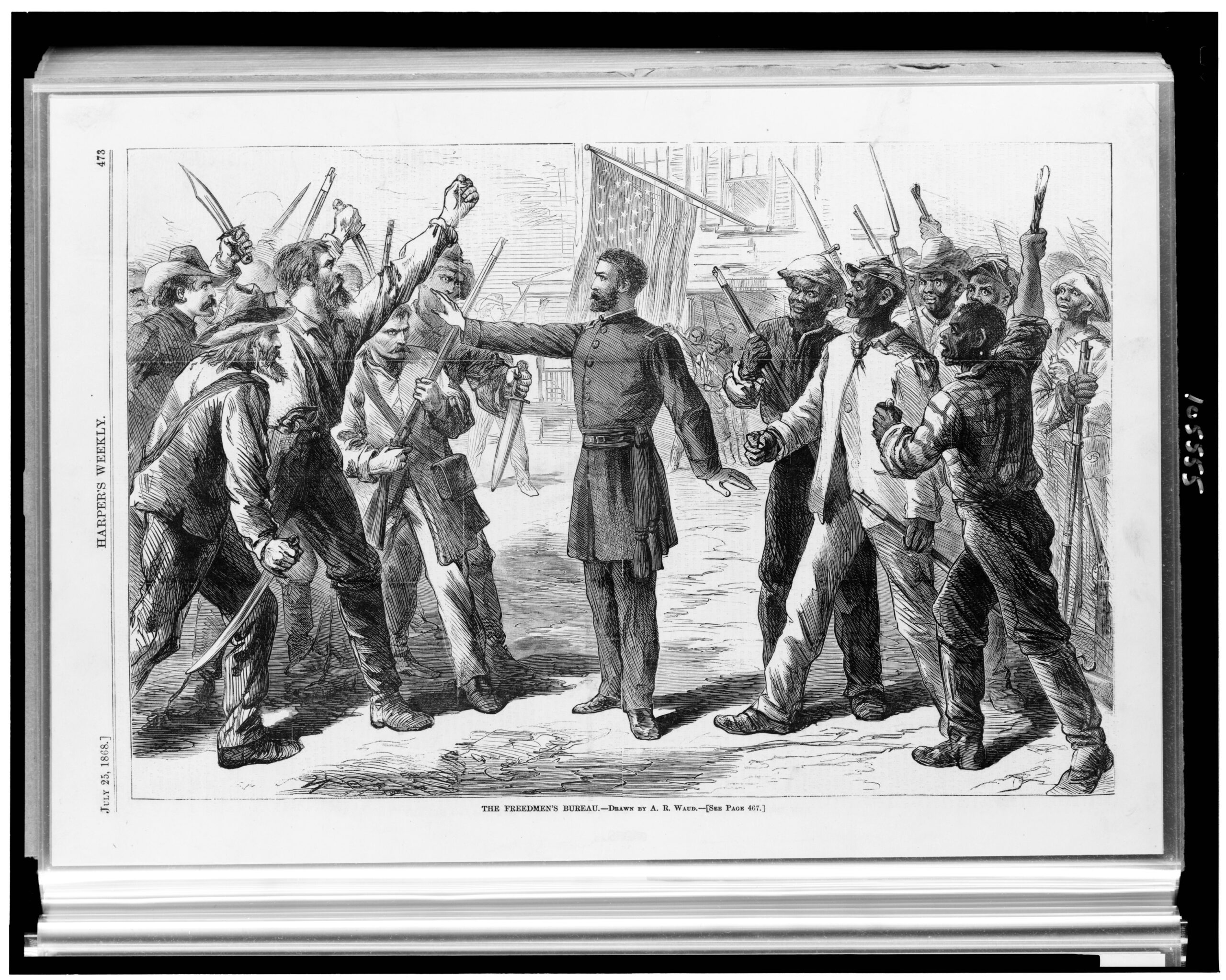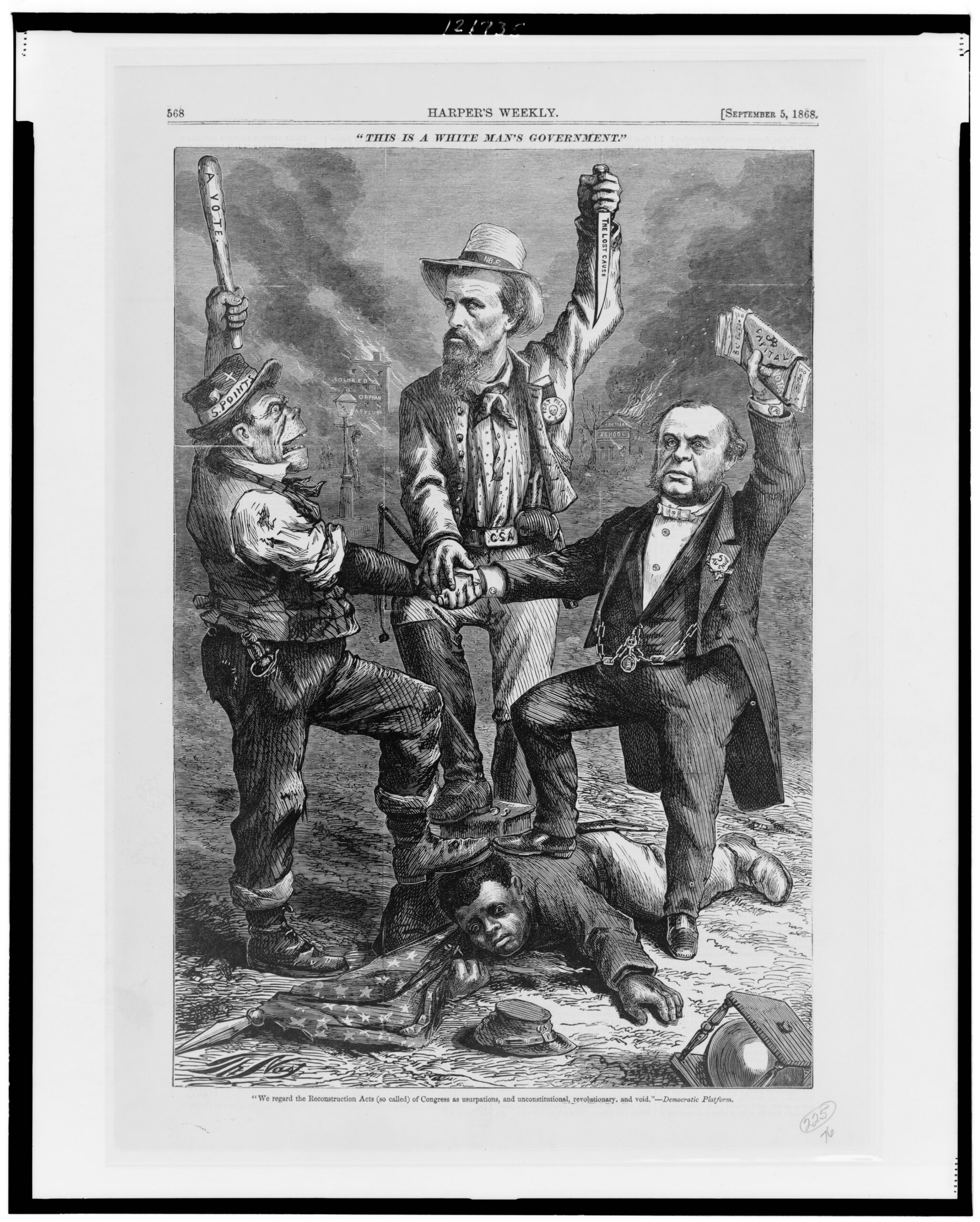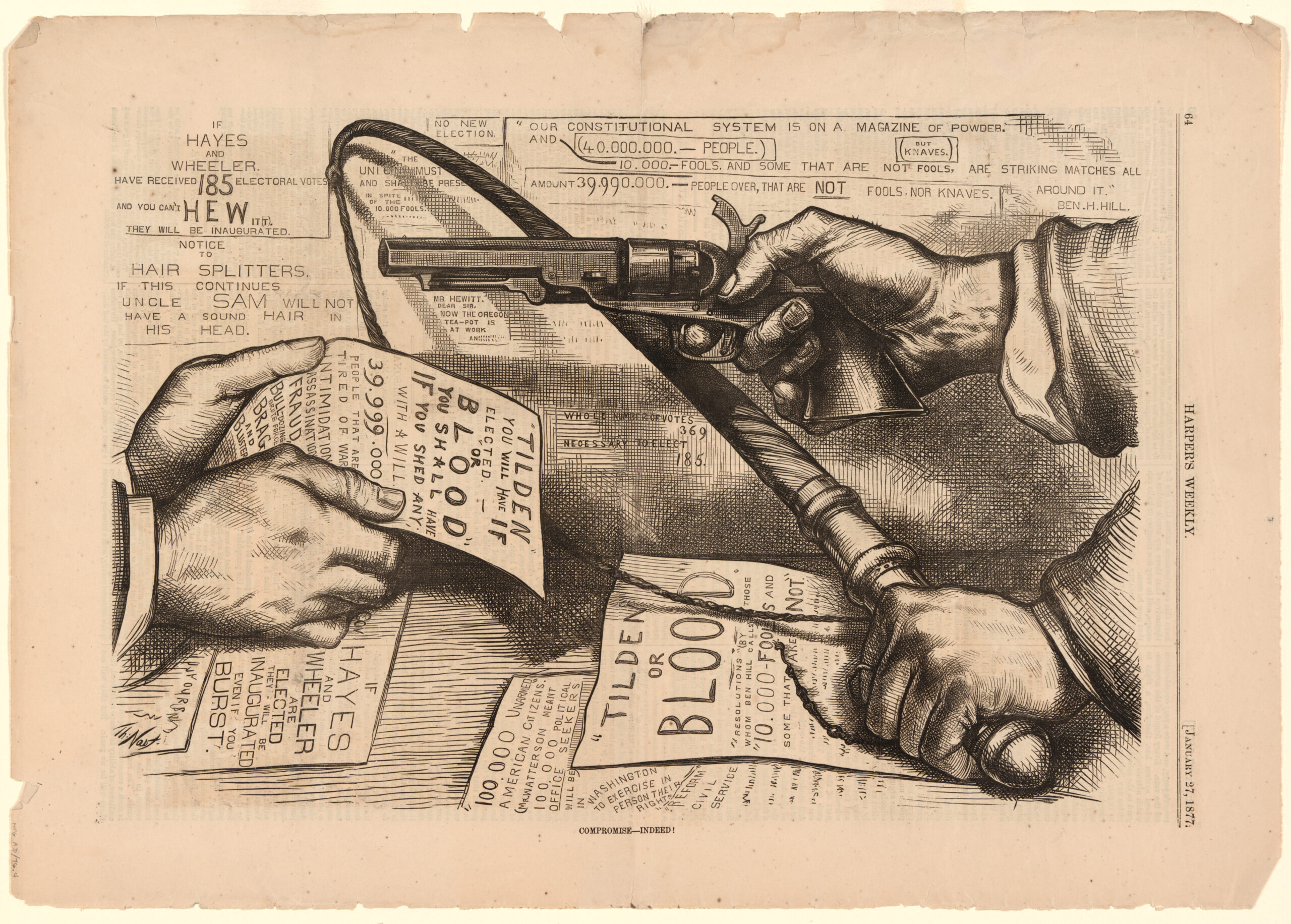The Reconstruction era in America was a pivotal time that followed the Civil War, aiming to rebuild the United States and integrate millions of newly freed African Americans into society. This period, spanning from 1865 to 1877, was marked by significant events that shaped the nation’s future. Here, we delve into ten crucial moments that defined this transformative era.
The Emancipation Proclamation
The Emancipation Proclamation, issued by President Abraham Lincoln on January 1, 1863, marked a turning point in American history. Although it was declared during the Civil War, its impact was felt deeply during Reconstruction. This proclamation freed all slaves in Confederate states, laying the groundwork for a new social order. While it did not immediately free all enslaved people, it redefined the Union’s war aims to include the abolition of slavery. This moment was not just a legal decree; it was a beacon of hope and a catalyst for change, promising a future where freedom could be realized for all.
13th Amendment Ratification
The ratification of the 13th Amendment in December 1865 was a monumental achievement in the Reconstruction era. This amendment abolished slavery throughout the United States, making it a cornerstone of Reconstruction efforts. It legally ended the institution of slavery, which had been a fundamental part of American society for centuries. The 13th Amendment was a significant step forward, but it also brought challenges, as the nation grappled with integrating freed slaves into society. It was a moment of triumph but also a reminder of the long journey toward equality that lay ahead.
Establishment of the Freedmen’s Bureau

In March 1865, the Freedmen’s Bureau was established by Congress to aid newly freed African Americans in the South. This organization aimed to provide food, housing, education, and legal assistance. The Bureau played a critical role in helping former slaves transition to freedom and independence. Despite facing resistance and limitations, it made significant strides in education, establishing schools and colleges for African Americans. The Freedmen’s Bureau was an essential tool in the effort to rebuild and empower communities during Reconstruction.
President Andrew Johnson’s Impeachment
President Andrew Johnson’s impeachment in 1868 was a defining moment in the Reconstruction era. Johnson, who assumed the presidency after Lincoln’s assassination, was often at odds with Congress over how to rebuild the nation. His lenient approach toward the Southern states and opposition to civil rights for freedmen led to his impeachment by the House of Representatives. Although he was acquitted by the Senate, the event highlighted the deep divisions in the government and underscored the challenges of leading a fractured nation.
14th Amendment Ratification
The ratification of the 14th Amendment in 1868 was a landmark moment in the Reconstruction era. This amendment granted citizenship to all persons born or naturalized in the United States, including formerly enslaved individuals, and promised equal protection under the law. It was a crucial step in ensuring civil rights for African Americans and laid the foundation for future legal battles against racial discrimination. The 14th Amendment was a powerful statement of equality, although its promises would take much longer to be fully realized in practice.
Formation of the Ku Klux Klan
The formation of the Ku Klux Klan (KKK) in 1866 was a dark moment in the Reconstruction period, illustrating the backlash against progress in civil rights. The KKK was founded by Confederate veterans in Tennessee and quickly spread throughout the South, using violence and intimidation to undermine Reconstruction efforts. Their actions aimed to suppress the African American vote and maintain white supremacy. The rise of the KKK served as a stark reminder of the resistance to change and the ongoing struggle for racial equality during Reconstruction.
15th Amendment Ratification
In 1870, the ratification of the 15th Amendment marked a significant victory for civil rights. This amendment prohibited the denial of the right to vote based on race, color, or previous condition of servitude. It was a vital step in empowering African American men, allowing them to participate in the democratic process. The 15th Amendment was a beacon of hope for many, though it faced challenges as Southern states implemented discriminatory practices to circumvent it. Despite these obstacles, it represented progress and the potential for a more inclusive democracy.
Reconstruction Acts of 1867

The Reconstruction Acts of 1867 were a series of laws passed by Congress to enforce the Reconstruction process. These acts divided the South into five military districts and required Southern states to draft new constitutions guaranteeing black men the right to vote. The legislation aimed to reshape Southern society and ensure civil rights for African Americans. While the acts were met with resistance, they were instrumental in advancing Reconstruction goals and laying the groundwork for a more equitable society.
The Compromise of 1877

The Compromise of 1877 marked the end of the Reconstruction era, resulting from the disputed 1876 presidential election between Rutherford B. Hayes and Samuel J. Tilden. In exchange for recognizing Hayes as president, Republicans agreed to withdraw federal troops from the South, effectively ending Reconstruction. This compromise had significant consequences, as it allowed the resurgence of white supremacist policies and the disenfranchisement of African Americans. The end of Reconstruction was a turning point that left many of its goals unfulfilled and set the stage for the Jim Crow era.
Legacy of Reconstruction
The legacy of the Reconstruction era is complex and multifaceted. It was a time of great progress and significant setbacks, a period that laid the groundwork for future civil rights movements. Although many of its promises were not fully realized, Reconstruction set important precedents for African American citizenship and civil rights. The era’s defining moments continue to resonate in modern discussions about race, equality, and justice in America. Understanding Reconstruction is essential to comprehending the ongoing struggle for equality and the nation’s historical journey toward fulfilling its ideals.


